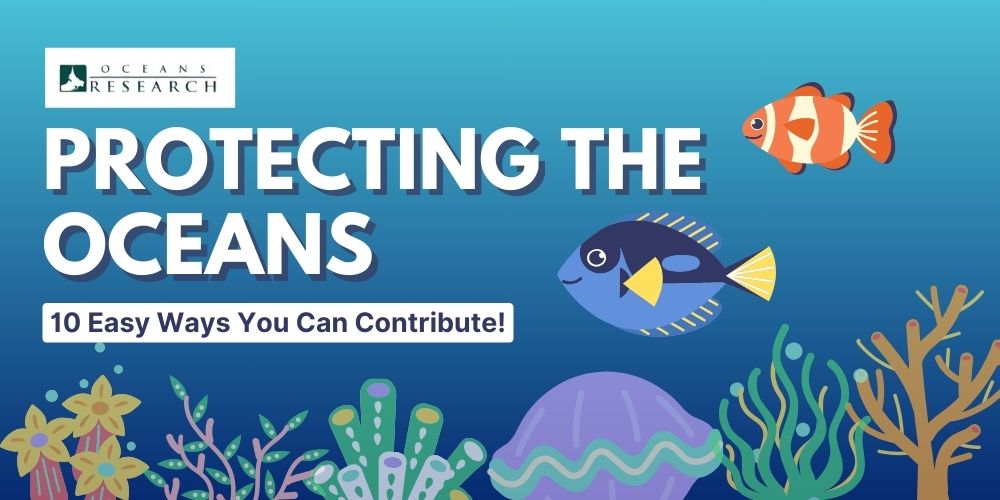
Protecting the Oceans: 10 Easy Ways You Can Contribute
Posted by Enrico Gennari on January 8, 2025
Oceans comprise over 70% of the earth's surface and play an essential role in the viability of life on our planet. They regulate weather, manufacture oxygen, and serve food to billions.
Oceans comprise over 70% of the earth's surface and play an essential role in the viability of life on our planet. They regulate weather, manufacture oxygen, and serve food to billions. Currently, oceans face a very alarming crisis linked to marine pollution, fish species overexploitation, and habitat destruction. Since the oceans affect us all, ocean conservation requires everybody to act. Fortunately, with small changes to our daily habits, we can significantly improve the health of our oceans. Ten easy actions you can undertake and practice to help keep oceans safer.
10 Practical Tips For Ocean Conservation
No single person can save the ocean, but all small actions count immensely. Making mindful choices or adopting sustainable habits is something we can all do to reduce ocean pollution and help protect marine life. Here are 10 practical ocean pollution solutions to guide you toward ocean conservation.
1. Reducing Plastic Usage

Plastic pollution is one of the biggest threats to marine animals. Every year, approximately 8 million tons of plastic enter the oceans which is equivalent to dumping a garbage truck full of plastic into the ocean every minute, harming all creatures, from sea turtles to fish and birds. Switching to reusable bags, bottles, and straws is a simple yet impactful change that can help reduce the amount of plastic contributing to this crisis. Take a cue from communities worldwide that have banned single-use plastics: their beaches are cleaner, and their marine ecosystems are healthier.
2. Participate in Beach Cleanups
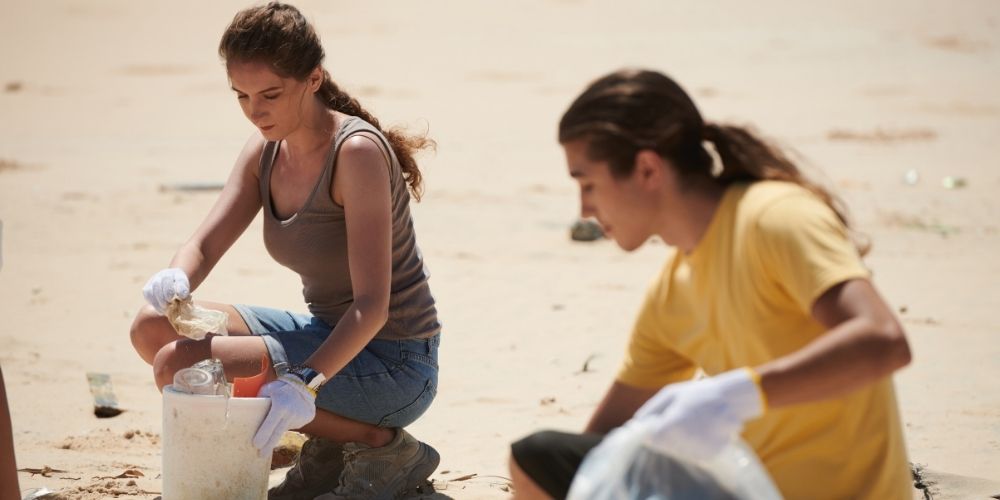
Beach cleanups are an active way to help your ocean. Events are part of removing trash from the environment and raising awareness about marine pollution. Join local events or run an event yourself. A real-life example is the International Coastal Cleanup Day, held annually on the third Saturday of September. It engages millions of volunteers worldwide, removing thousands of tons of debris and saving countless animals that would have been caught, hurt, or even poisoned by the trash in any given year.
3. Support Sustainable Seafood
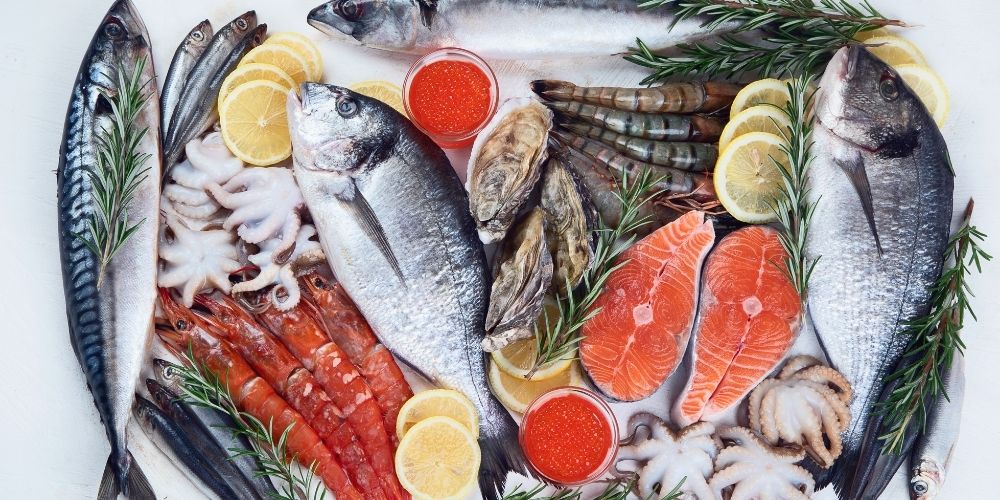
Overfishing can be considered one of the significant causes of ocean pollution and habitat destruction in marine regions. Opt for sustainable seafood by looking for stickers such as Marine Stewardship Council (MSC) certification. Apps like Seafood Watch help get more eco-friendly changes when dining out or finding places to shop. It is one way of supporting low-impact fishing practices around a balanced marine ecosystem.
4. Conserve Water
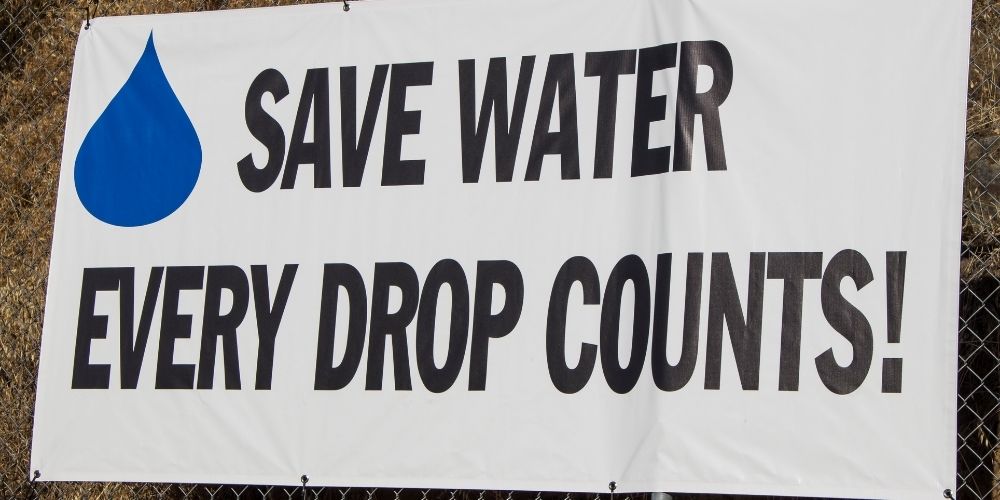
Excessive water usage can contribute to wastewater discharge, which often carries pollutants like chemicals, nutrients, and debris that harm marine ecosystems when untreated or inadequately treated. According to the United Nations Environment Programme (UNEP), over 80% of the world's wastewater flows back into the environment untreated, affecting rivers, coastal areas, and oceans. Simple steps like fixing leaks, using water-efficient appliances, and turning off the tap while brushing your teeth can reduce water wastage and lessen the burden on wastewater treatment systems, thereby protecting marine life.
5. Choose Ocean-Friendly Products

Many of the everyday products used are a danger to the marine environment. Avoid those containing microbeads, mostly in exfoliating scrubs, since they go to the ocean and get ingested by marine species. Go for eco-friendly sunscreens; avoid ones containing chemicals such as oxybenzone, which bleaches coral reefs.
6. Reduce Carbon Footprint

Climate change enhances ocean threats, including coral bleaching and sea-level rise. To safeguard the ocean, lessen your carbon footprint. Use energy-efficient appliances, use renewable energy sources, and reduce car travel. Equally important, however, is advocating systemic changes, such as shifting to green energy, to save our oceans.
7. Spread Awareness
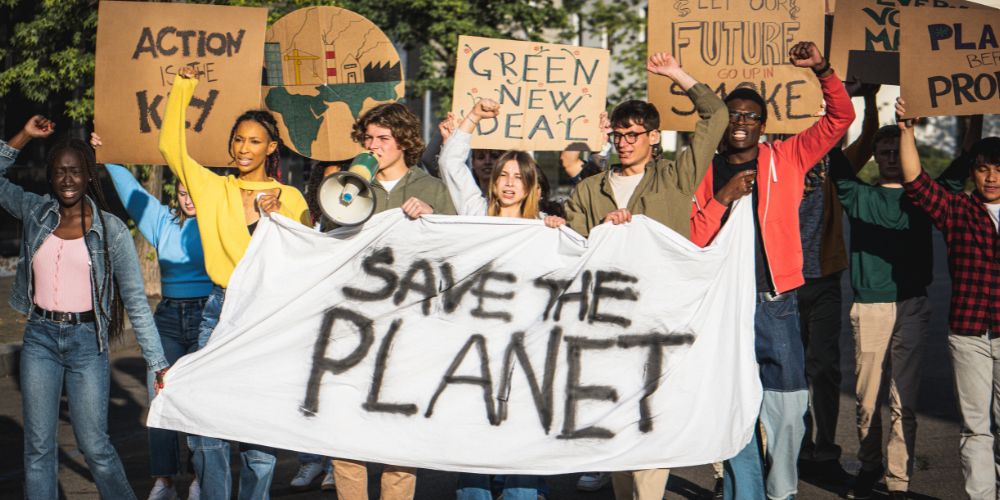
Educating other people about ocean conservation encourages them to take action. Share articles, join discussions, or use social media to show how important ocean protection is. Real-life success stories, such as the recovery of sea otter populations in California through conservation efforts, can inspire and motivate others to take action
8. Support Ocean Conservation Organizations
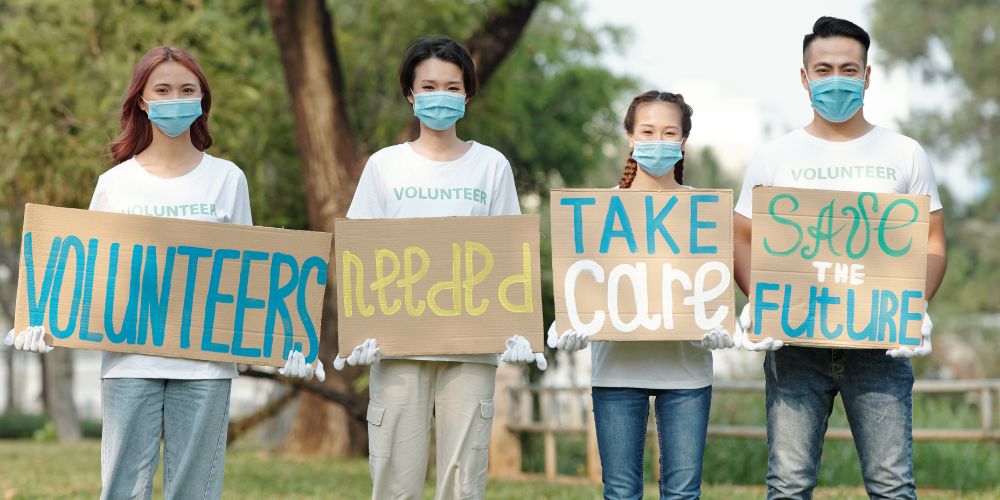
Non-governmental organizations dedicated to ocean conservation rely on your support. For instance, the Oceans Research Institute leads groundbreaking research and education programs. Donating, volunteering, or even sharing their work amplifies their efforts. Learn more about their initiatives and participate in programs such as the Oceans Field Research Program, which offers hands-on opportunities for marine conservationists.
9. Proper Waste Disposal
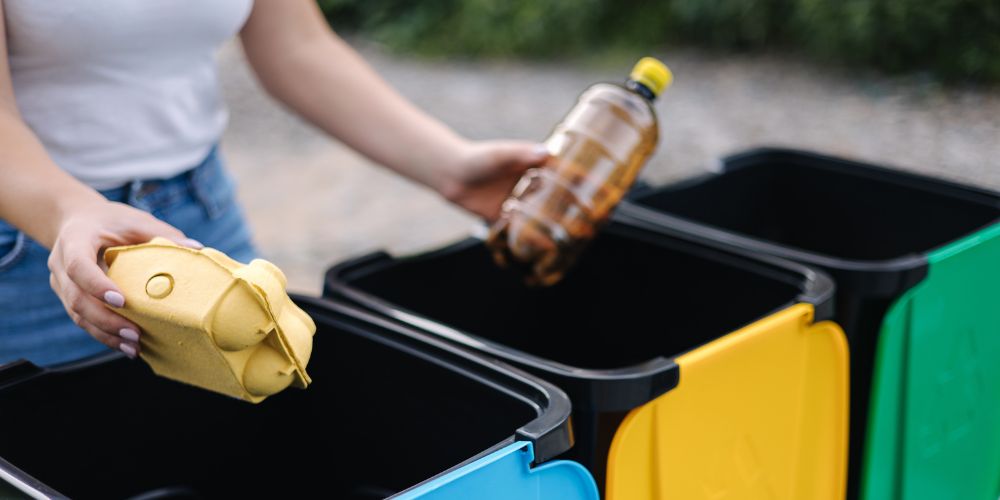
Proper waste management is crucial in preventing plastic and other harmful materials like batteries and chemicals from entering the ocean. Recycling, composting, or safely disposing of these items can significantly reduce ocean pollution. Proper waste disposal significantly reduces the amount of trash that ends up polluting our oceans.
10. Advocate for Policy Changes
Support policies that protect the ocean. Whether it be establishing marine protected areas, stronger regulations against overfishing, or banning single-use plastics, your voice counts. Signing petitions, contacting legislators, and voting for ocean-friendly policies are all powerful ways to contribute to saving our oceans.
Join the Oceans Field Research Program
Take this commitment further by enrolling in the Oceans Field Research Program. This opportunity, provided by the Oceans Research Institute, offers unparalleled experience in marine research and conservation. Led by leading scientists, participants are fully involved in marine life protection and ocean pollution control activities. This program gives you the knowledge and skills to make a difference.
Conclusion
In other words, protecting the ocean should not solely be the responsibility of governments or great organizations; each day, little by little can make a big difference. You can contribute significantly to marine conservation by reducing plastic, saving water, ensuring sustainable seafood, and participating in the Oceans Field Research Program activities. Plastic pollution in the ocean is among the challenges we face together; working toward a healthier future for the planet means we all take responsibility for our actions.
The Oceans Research Institute is saving oceans daily through innovative research and community-based projects. Join us in protecting the ocean to achieve a sustainable tomorrow.